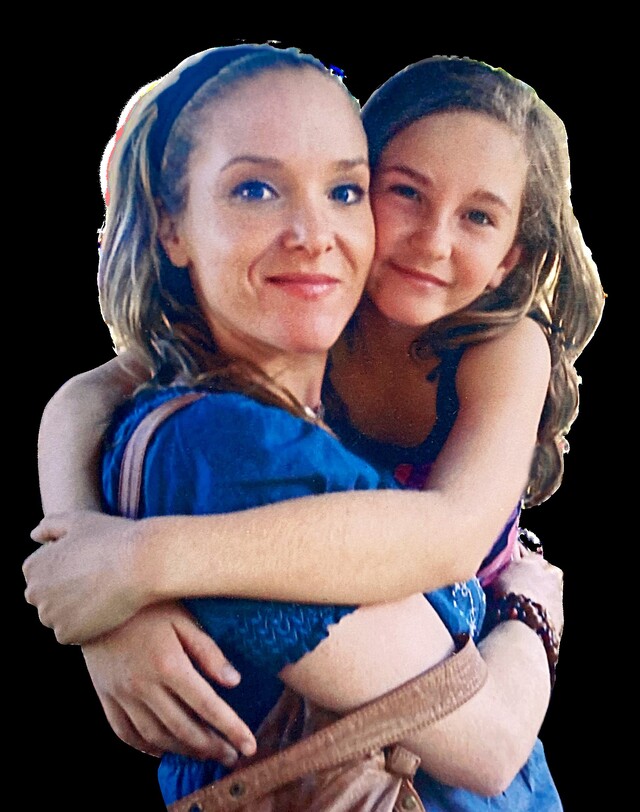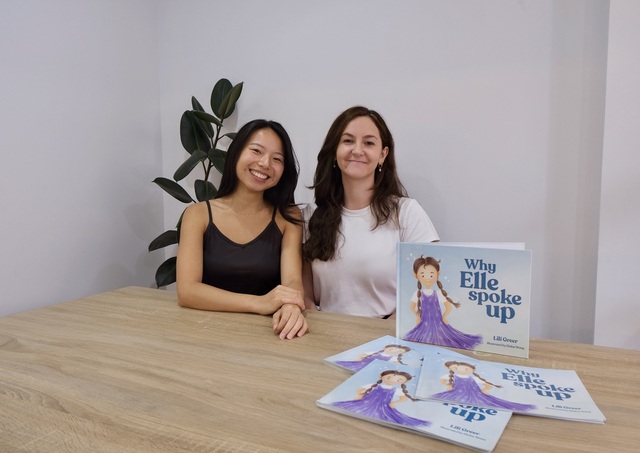While Lili Greer is at the forefront of raising awareness and education of domestic and family violence through The Tina Greer Project, she also wants people to remember Tina Louise Greer.
Tina’s story highlights significant discrepancies within policies, norms and governance surrounding domestic violence, missing persons and homicide.
Tina went missing on 18 January 2012 after enduring an abusive relationship and despite suspicion of foul play, it took 10 years before the Queensland Coroner’s Court officially ruled Tina deceased in May 2022 with her remains still unlocated.
The initial coroner’s report exposed troubling inadequacies in the responses by individuals and services.
Despite an initial denial of an inquest, a successful campaign supported by over 22,000 people, including the Attorney General and Minister for Women, led to the granting of the inquest.
The Tina Greer Project was founded to demonstrate that Tina’s case was in the public interest and to address the broader issues related to domestic violence, homicide, and missing persons.
Having successfully campaigned for an inquest, the Project is now moving forward in advocacy and education committed to driving systemic change and supporting others in similar situations.
Lili said her mum Tina was a beautiful, loving, and resilient woman who gave everything she had to make sure Lili felt loved and cared for.
“She was strong, kind, and always put me first, no matter how hard things were for her,” she said.
“I want people to remember her for her warmth and her bravery – not just for what happened to her.
“Everything I do is to honour her.”
Having been exposed to domestic and family violence during her childhood, Lili admitted that growing up in that environment was isolating and terrifying.
“I didn’t know that I could reach out to anyone for help without consequences, and that made me feel alone.
“You’re in survival mode all the time, and it leaves a mark – I’m still hyper-vigilant to this day.
“That’s part of why I wrote Why Elle Spoke Up.
“I want children who are in situations like that to know they don’t have to go through it alone, that it’s OK to ask for help, and that there are people who will listen and support them.
“Why Elle Spoke Up was inspired by my childhood.
When I was growing up, I didn’t have any resources like this to help me understand what I was going through or to know that it was okay to speak up and I wanted to create a book that could start conversations about domestic and family violence in a way that wasn’t overwhelming or scary.
“The book’s vibrant illustrations and gentle storytelling are meant to make it approachable for kids while still delivering a powerful message: your voice matters, and you’re not alone. It’s the kind of book I wish I had when I was younger.
“The feedback has been encouraging. Parents, educators, and social workers have said it’s a valuable resource for starting conversations that are otherwise really hard to have.
“Many have commented on how the illustrations make the book feel safe and accessible while still addressing such an important issue.
“It’s been used in refuges and by support workers, I’m still working on getting it into more schools.
“It’s such a needed tool for teachers and counsellors to help kids feel comfortable talking about their feelings and experiences.”
While Lili started The Tina Greer Project in 2022 after the coroner’s court initially denied an inquest into her mum’s disappearance, at first about advocating for her case and raising awareness about the injustices she faced, since then it’s grown into so much more.
The Tina Greer Project exists to provoke meaningful change and education in three core areas: domestic and family violence, homicide, and missing persons.
It’s about creating space for conversations that lead to action and making sure the voices of victims and their families are heard.
“It’s deeply personal, but it’s also about a bigger picture—advocating for change so that fewer families have to experience what we went through.
“The inquest was a necessary step.
“It validated so much about what my mum went through and highlighted the systemic failures that played a role in her case.
“It also made some really important recommendations that could help prevent this from happening to others.
“But while the inquest brought some of the truth to light, it didn’t give me what I needed most – to know where my mum is or to lay her to rest.
“That part is still really hard, but I hold onto hope that new evidence will come forward one day.
“The inquest allowed me to fight for her and for other women and children who’ve been let down by the system.”
While Lili can see progress has been made within the area of Domestic and Family Violence, she said it was not enough.
“We’re seeing incremental improvements, but there’s still a lack of consistency in how domestic violence cases are handled.
“The narrative around victims, particularly in the media, hasn’t shifted enough either.
“Victim blaming is still far too common, and it undermines the progress we’ve made.
“There’s more awareness now, but awareness without action doesn’t save lives.
“Education is key and we need to see domestic and family violence education embedded in school curriculums at both primary and secondary levels.
“Kids need to grow up understanding what healthy relationships look like and knowing it’s okay to ask for help.
“Beyond that, there needs to be better training for professionals, including mandatory DFV training for child safety workers in Queensland—that’s something I’m pushing for this year.
“We need to change the way we talk about victims in the media, shifting the focus to holding perpetrators accountable instead of questioning what victims “did wrong”.
“It’s about prevention, accountability, and changing the culture around these issues.”
Looking to the future, for Lili hope is what keeps her going.
“Every day, I hold onto the belief that someone will come forward or that something new will come to light.
“Not knowing where she is or what happened is a pain that never goes away, it’s mental torture.
“But I’ll never stop hoping or fighting to give her the dignity of a proper resting place.”











